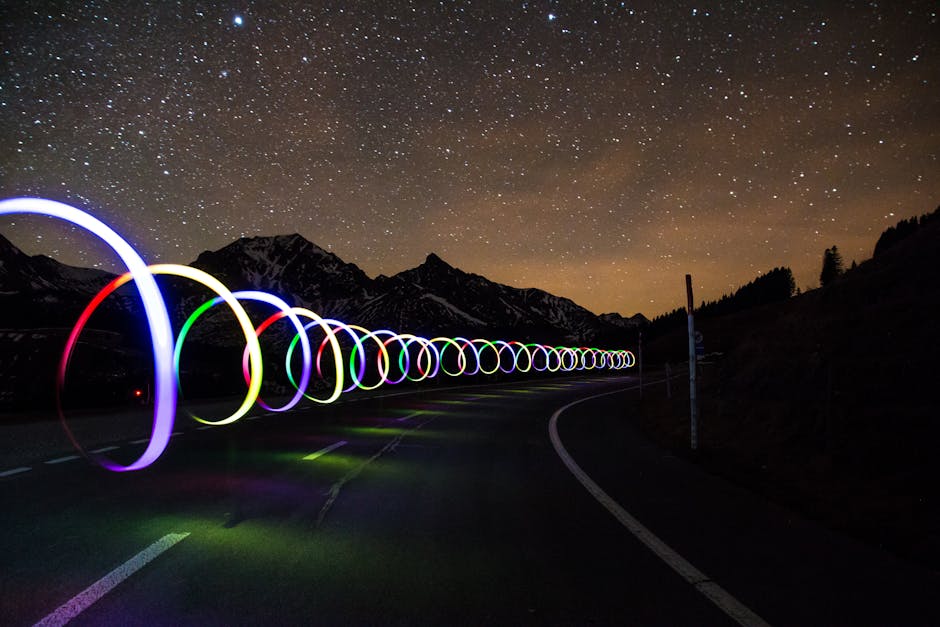
How Long Does SPF 30 Last? The Truth About Reapplication
Confused about how long SPF 30 sunscreen really protects your skin? You’re not alone. Many people apply it once and assume they’re safe all day — but that’s rarely true. This guide reveals how SPF works, how often to reapply, and which formulas last longer indoors and outdoors.
How Long Does SPF 30 Sunscreen Last?
SPF 30 sunscreen typically lasts about 2 hours after application — regardless of whether you're indoors or outdoors. After that, its effectiveness diminishes significantly and requires reapplication, especially if you've been sweating, swimming, or rubbing your skin.
- SPF 30 blocks 97% of UVB rays for up to 2 hours.
- Reapply every 2 hours, or immediately after sweating/swimming.
- Indoor use still requires reapplication if near windows.
- Water-resistant versions can delay reapplication slightly but not eliminate the need.

Understanding SPF: What Does SPF 30 Really Mean?
SPF stands for “Sun Protection Factor.” SPF 30 means that, in theory, it would take 30 times longer for your skin to burn than if you weren’t wearing sunscreen. But the effectiveness depends heavily on application amount, skin type, environment, and activity level.
- SPF 30 filters about 97% of UVB rays.
- SPF 50 filters about 98% — only a 1% difference in practice.
- SPF doesn’t measure UVA protection, so broad-spectrum formulas are essential.

When and How Often Should You Reapply SPF 30?
Even the best sunscreen for oily skin SPF 30 must be reapplied every 2 hours for optimal protection. UV radiation accumulates throughout the day, and common activities like sweating, wiping your face, or being near windows can break down the formula faster.
- Apply SPF 30 generously 15 minutes before sun exposure.
- Reapply every 2 hours — set an alarm to remind yourself.
- After swimming or excessive sweating, reapply immediately.
- Indoor? If you’re near windows or blue light screens, reapply midday.

Sunscreen 30 vs 60: Is Higher Always Better?
The difference between SPF 30 and SPF 60 may seem significant, but in practice, it's marginal. SPF 60 blocks around 98% of UVB rays — just 1% more than SPF 30. The key factor is **consistent reapplication**, not SPF number alone.
| SPF Rating | % of UVB Blocked | Recommended Use |
|---|---|---|
| SPF 30 | 97% | Daily home use, moderate sun exposure |
| SPF 50 | 98% | Outdoor activities, beach, high altitude |
| SPF 60+ | 98-99% | High-risk sun environments or sensitive skin |
4 Key Steps to Make SPF 30 More Effective
How you apply your sunscreen matters just as much as the formula you choose. Many people use too little or forget key areas. Here are simple steps that maximize your SPF 30’s power:
- Use a full teaspoon for face and neck — more than a dab!
- Let it absorb for 10–15 minutes before going outside.
- Pair it with antioxidants like Vitamin C for added UV defense.
- Don't skip cloudy days — UV rays still penetrate clouds.

Best SPF 30 Sunscreens for Home Use
Choosing sunscreen for home use? Lightweight, non-greasy SPF 30 formulas work best indoors where UVB exposure is lower, but UVA still penetrates windows. Opt for broad-spectrum protection with added skincare benefits.
- La Roche-Posay Anthelios SPF 30: Great for oily skin, matte finish.
- EltaMD UV Clear SPF 30: Lightweight, great for acne-prone skin.
- Supergoop! Play SPF 30: Hydrating and invisible on all tones.
- CeraVe AM Facial Moisturizing Lotion SPF 30: Affordable daily protection with ceramides.
FAQs
How long does SPF 30 sunscreen last indoors?
Even indoors, SPF 30 loses effectiveness after 2 hours — especially if exposed to window light. Reapplication every 2–3 hours is recommended for consistent protection.
Is SPF 30 enough for outdoor activities?
SPF 30 offers solid protection but requires strict reapplication. For prolonged outdoor exposure, SPF 50 or 60 may be better — especially if sweating or swimming.
Can I skip sunscreen if I work from home?
No. UVA rays penetrate glass and can cause long-term skin damage even indoors. Daily SPF 30 application is essential for skin health and anti-aging.
What’s the difference between sunscreen and sunblock?
Sunscreen absorbs UV rays; sunblock (like zinc oxide) reflects them. Both protect skin, but physical sunblocks may last longer and suit sensitive skin better.
Pillar Article: How to Use Sunscreen Correctly: The Rule Most People Skip
Other Related Articles:
- What You’re Getting Wrong About Applying Sunscreen
- Stop Doing This Before Applying Sunscreen
- Sunscreen 30 vs 50: What You’re Not Being Told
Explore More:



0 Comments